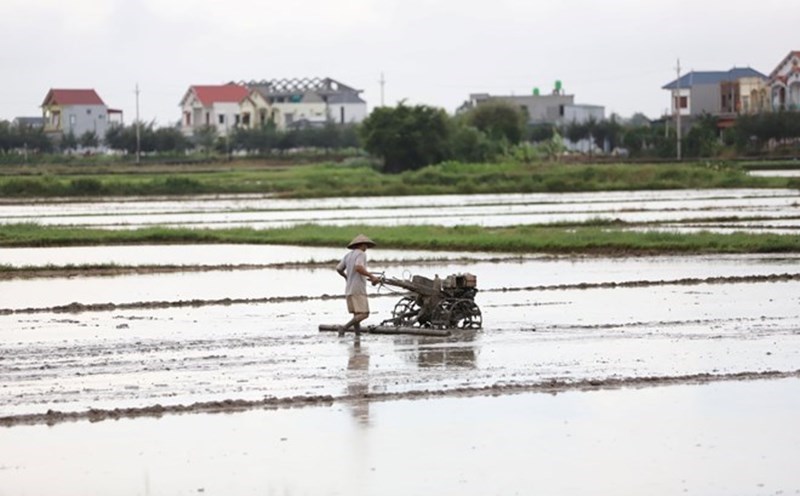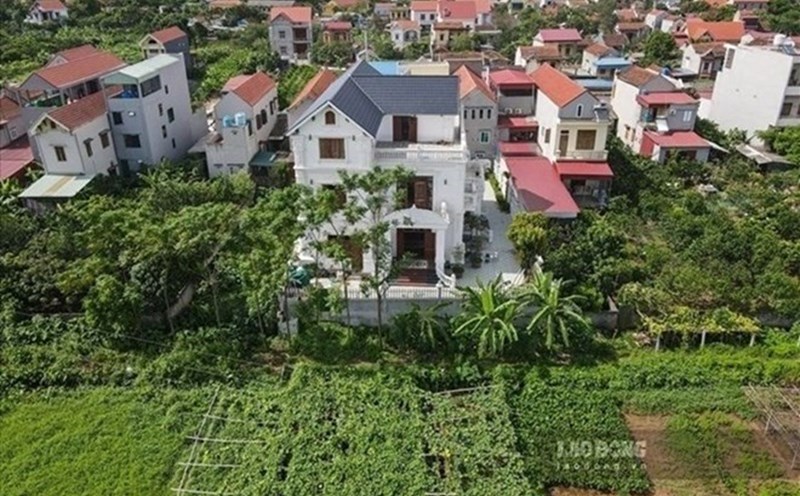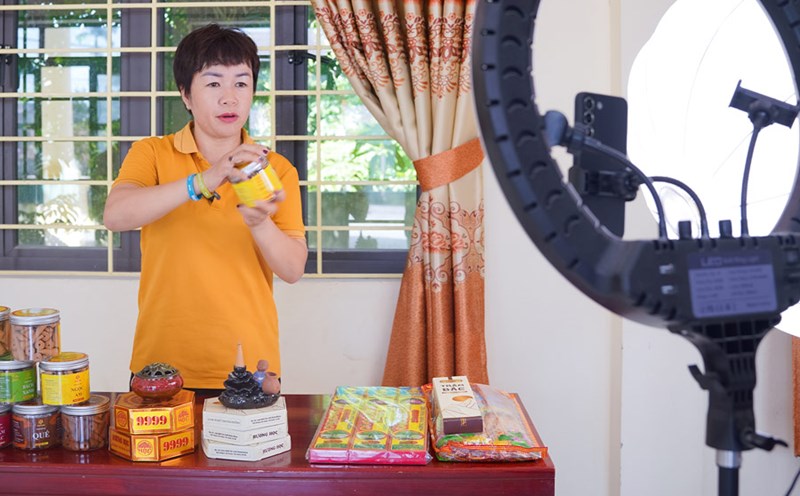On July 25, the Ministry of Agriculture and Environment in coordination with the Vietnam Association of Agricultural Economics and Rural Development organized a Workshop on Current status and proposed solutions for contracts in agricultural companies.
Mr. Nguyen Lam Thanh, Vice Chairman of the National Assembly's Ethnic Council, said that the contracting has had a positive impact; including overcoming the situation of returning to land desertification and renovating gardens in agricultural companies that were degraded in the 90s, meeting the goal of mobilizing social resources, especially local people, to participate with agricultural and state-owned companies to invest capital and labor. Thereby, improving the efficiency of management and use of land resources and gardens, improving people's lives, and contributing to economic development.
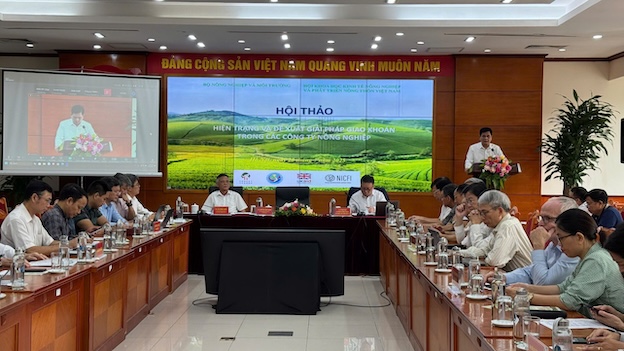
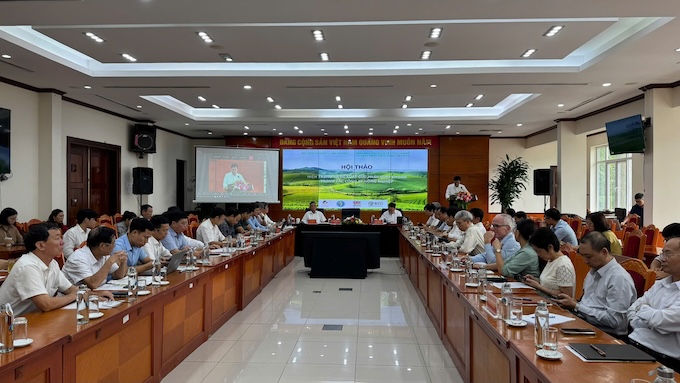
However, after many stages with different policy mechanisms, the contracting mechanism has clearly revealed many shortcomings that need to be resolved soon. Current contract assignments have not met the requirements in the context of arranging, innovating and improving the operational efficiency of agricultural companies - a key goal under the direction of the Party and the State.
According to the Vietnam Rubber Industry Group, one of the Group's biggest problems at present is the application of old regulations in Decree 01/CP (1995) and Decree 135/2005/ND-CP allowing contracted households to build temporary ranges, barns, wells, drying yards... to serve production.
However, over time, many households have arbitrarily expanded the scale of land use, even built solid houses and service works, transferred contracts or freely bought and sold illegal land use rights. This situation is common, especially in areas along national highways, provincial roads, near industrial parks - where land value increases, causing many difficulties in management.
Vietnam Coffee Corporation (Vinacafe) also pointed out a number of difficulties of the corporation, including the fact that agricultural companies have to organize contracts without support from state agencies. The professional capacity of the staff in measuring and preparing documents is still limited. Local authorities in some places have not coordinated closely in resolving land disputes and handling illegal construction. The work of evaluating assets on land when liquidating contracts also faces many difficulties, especially in areas with a large population of ethnic minorities.
At the workshop, experts discussed and proposed many fundamental solutions to remove bottlenecks in land allocation in agricultural companies.
According to Mr. Nguyen Van Tien, Vice President of the Vietnam Association of Agricultural Economics and Rural Development, it is necessary to continue to improve policies, innovate production organization and give companies the initiative in applying the contract form, in order to improve the efficiency of agricultural land management and use. At the same time, expanding the subjects of contracting, ensuring the rights of the people and increasing the authority of the participants is necessary.
The recommendation also aims to perfect sanctions for violations and enhance the responsibility for contract performance. The support mechanism for production, technical, product consumption and risk insurance is also emphasized as a factor to ensure sustainability for contractors.
From an expert's perspective, Mr. To Xuan Phuc, representative of Forest Trends, said that in order to take advantage of opportunities from international markets such as agricultural exports and the carbon credit market, Vietnam is forced to thoroughly resolve problems in land allocation and management.
By 2024, the total area assigned and leased by 121 agricultural companies by the State will reach nearly 478,000 hectares, of which about 336,785 hectares are land for perennial crops, with great potential if the contracting policy is improved in the right direction.


